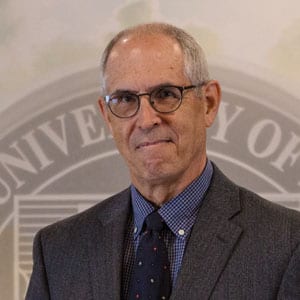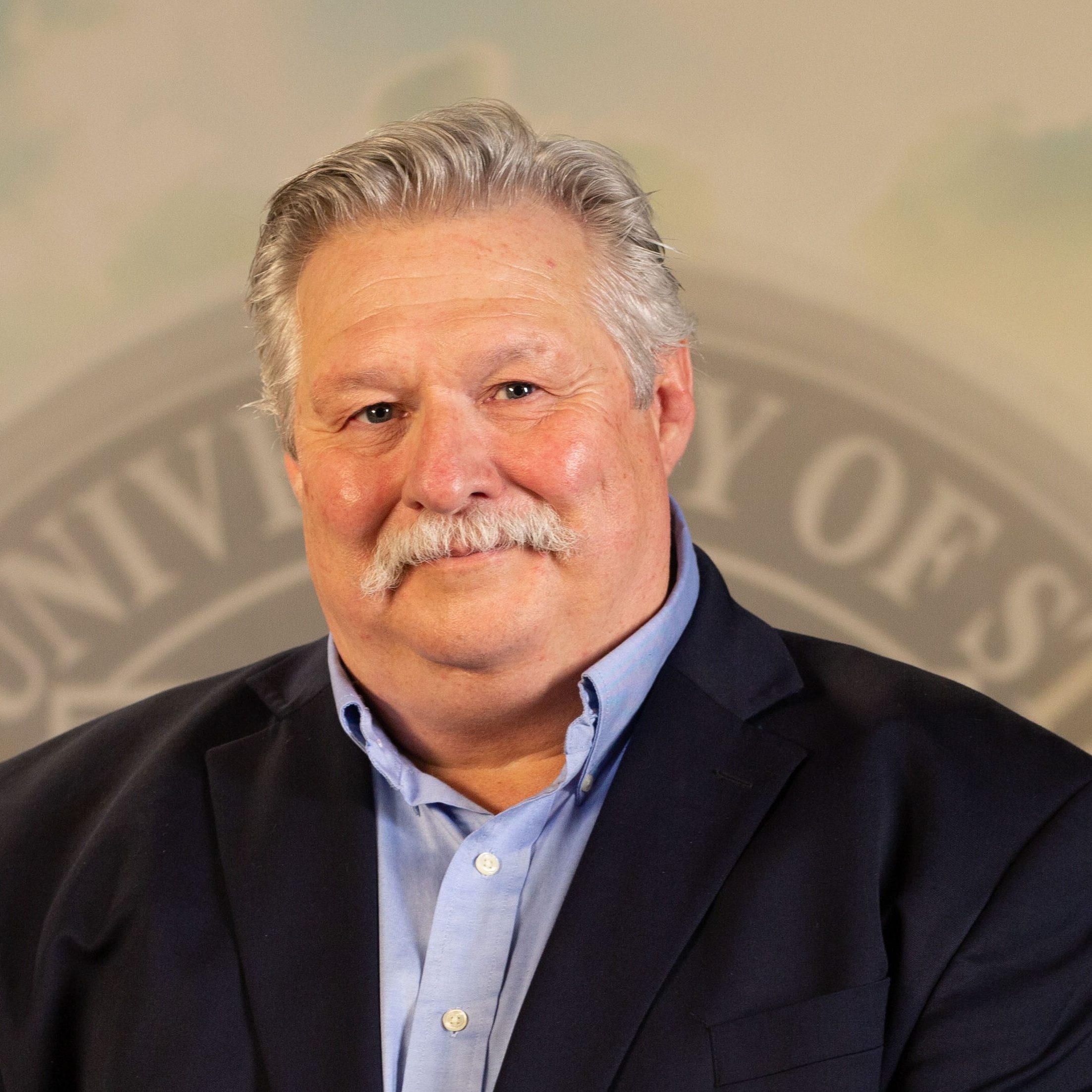Learn to move, inspire, and challenge through the craft of performance and production in the theatre program at Franciscan University of Steubenville in Ohio. As a theatre major at this Catholic university, you will gain a strong foundation in the study and practice of five major areas of the theatre arts — acting, literature, history, directing, and stagecraft and design — while preparing for a lifetime of creating and appreciating the fine arts. Study topics such as Professional Auditioning and Theory of Theatre, in which you will pursue the questions: What constitutes good theatre and what should the role of theatre in society be? You can also choose one of two concentrations: performance and dramatic literature. The theatre degree program culminates in your designing and directing a one-act play for the Franciscan University community in Ohio.
The Catholic pursuit of truth, goodness, and beauty
The theatre program at Franciscan University offers the opportunity for you to develop as a theatre artist in a truly Catholic environment. You will form your understanding of beauty, heighten your sensibility to the true and the good, and follow the instructions of the Catholic Church’s Pope John Paul II, who calls upon all men and women to make their own lives “works of art.”
Here are just a few other ways Franciscan’s theatre bachelor’s degree program stands out from the rest:
- Financial aid and scholarships: Learn more about opportunities to get help paying for college from the Franciscan Office of Financial Aid. The student work opportunity program, for example, offers paid jobs to theatre majors in all areas of theatre production, including set and costume building, and publicity for shows.
- Stage productions: Get involved with all aspects of theatre arts production — performing, directing, designing, and writing — through classroom study and in the many stage productions at Anathan Theatre, including faculty-directed shows, student-orientation plays, and student-directed one acts.
- Applied learning: As a theatre major, you’ll have a variety of opportunities to volunteer, receive internship credit, or get paid for work while receiving a Catholic education. In the past, undergraduate students have taught classes for area youth and directed their shows. They have also volunteered as ushers with the Pittsburgh Public Theatre in exchange for viewing professional productions from one of the finest regional theatres in the country. Experiences such as these are a great way to prepare for careers in theatre while serving God and the Catholic Church.
- Experienced faculty: Learn from theatre professionals who have made the study and execution of dramatic productions their own art. The small program size allows for ample opportunity for individual interaction with professors and peers. Committed to the Catholic mission of Franciscan University, theatre faculty members have many years of experience in both professional and educational theatre settings. Their specialties include Shakespearean production, film and television, and designing and building theatre stage craft.
- Alumni network: Franciscan University has a strong network of alumni from the theatre program throughout Ohio and across the country. They often make themselves available to current theatre majors, offering guidance and sharing opportunities as undergraduate students prepare for theatre careers and Catholic life after graduation.
A bachelor’s degree in theatre from Franciscan University equips you with the practical foundation and skills to pursue graduate programs or careers in theatre arts: acting, directing, production, and writing. You’ll also develop transferable skills for any line of work, including organizational and communication skills, critical and creative-thinking skills, team-building and leadership skills, and time-management skills.
Graduate Programs for Theatre Majors
- Master of Fine Arts in Acting
- Master of Fine Arts in Prop Design
- Master of Arts in Theatre Education
- Master of Arts in Arts Management
- PhD in Theatre
Potential Employers for Theatre Majors
- Pittsburgh Public Theatre
- Cleveland Playhouse
- Actors Theatre of Louisville
- The Old Globe
- Storm Theatre
- Alabama, Cleveland, and New Jersey Shakespeare Festivals
- Goodspeed Opera House
- Contemporary American Theatre of Columbus
- Eternal Word Television Network
- Barn Theatre
Adopted by Unanimous Vote of the Faculty Fine Arts Committee and Approved by the Dean of the Faculty
February 1995
Our “Vision for the Fine Arts” proceeds from Franciscan University of Steubenville’s “Philosophy of the Curriculum,” a statement approved by the full faculty, which links the University’s identity and goals as they are set out in the Mission Statement and their realization in the curriculum.
We are “a Catholic Franciscan university,” wherein professors and students unite themselves as a community of diverse scholars dedicated to the pursuit and attainment of truth. Following the methods appropriate to each academic discipline they “scrutinize reality,” as Pope John Paul II has put it in Ex Corde Ecclesiae, “to contribute to the treasury of human knowledge.” The knowledge and truths gained from the various disciplines are then set “in relation to each other so that they illuminate each other.”
Among the objects of our curriculum is the refinement of our students’ “artistic sensibilities” to better enable them to appreciate and understand the profound truths expressed in the fine arts – music, theatre, poetry, literature, the visual arts, and dance. As a Catholic university we commit ourselves to the vision of art given in the Catechism of the Catholic Church. Created “in the image of God,” man also expresses the truth of his relationship with God the Creator by the beauty of his artistic works. Indeed, art is a distinctively human form of expression; beyond the search for the necessities of life which is common to all living creatures, art is a freely given super-abundance of the human being’s inner riches. Arising from talent given by the Creator and from man’s own effort, art is a form of practical wisdom, uniting knowledge and skill, to give form to the truth of reality in a language accessible to sight and hearing (No. 2501).
Emphatically, by our commitment to the Church’s vision of the fine arts, we do not intend to produce graduates who will make and appreciate only art that aspires to represent the teachings of the Church. It is not our intention to impose on our students, or even to formulate, a sort of magisterium for the fine arts. With St. Thomas Aquinas we hold that insofar as a work of art is good in itself, it glorifies God because it reflects God. Thus, in the words of the writer Flannery O’Connor, “the artist has his hands full and does his duty if he attends to his art. He can safely leave evangelizing to the evangelists.”
Still, the Church’s vision of the arts is a useful guide by which we hope to rescue the arts from a vulgar utilitarianism, on the one hand, and an exaggerated devotion to art for its own sake, on the other. For again, as the Catechism points out, the truths expressed in the arts must be “ordered to and ennobled by the ultimate end of man,” which is Jesus Christ, “the Logos,” and “the center of creation and of human history.” This christological focus comes from the heart of the Franciscan tradition that integrally forms the identity of Franciscan University of Steubenville.
John Paul II has also given eloquent expression to the transcendent and spiritual power of the arts when they are rightly ordered.
“The Church has always favored the arts. In fact…authentic works of art give expression to the greatness and wonder of the mystery of human life. They reflect our thirst for the infinite, and at the same time they evoke it. They stand as eloquent sentinels, protecting the human race from trends and fashions that deny or water down the spiritual dimension of human existence…As with prayer, every artistic expression…lifts the soul beyond mere earthly existence; it allows us to face life and God who created it with humble devotion, open to the splendor of its truth.”
To enable our students to appreciate this experience of art as a means to the “splendor of truth,” the fine arts faculty seeks to help them distinguish between “authentic works of art” and fraudulent ones. Their studies in fine arts will bring them to an understanding, both as appreciators and practitioners of the arts, of the immense amount of study and work that is necessary for one to perfect his art. Such extensive training and preparation are almost always necessary preconditions for the production of worthwhile art.
Our students, furthermore, will have a firm grounding in the traditions of each art, and they will be taught to develop intelligent standards by which to astutely judge works of art. They will see, read, and hear the works of distinguished artists of the past and the present who exemplify and extend the best and most promising artistic strains of the Western fine arts tradition. Attention will also be given to works that represent a respectable, unsentimental extension of the Catholic traditions and sensibilities in the fine arts. Above all, students will come to appreciate and to understand the arts not as mere adornments to civilized life, but as integral and vital to its very being.
View the Theatre Program on the Undergraduate Catalog

“Who will this child become?”That’s a question every parent asks. But for Christopher (Kit) Adderley’s parents, finding an answer was almost as easy as glancing out their back window.“Instead of…
read more

Jamie Arielle found her way to Franciscan University by a roundabout path: In 2005, she started out at Sacred Heart University, but transferred to Arcadia University after learning that there…
read more

Two years after her high school graduation, Nicole Scofield ’15 realized that she needed to hone her abilities in the performing arts in order to follow her passion of teaching…
read more
Art reveals truth. It makes the invisible visible. It speaks to souls on the level of the imagination, making abstract concepts tangible, helping ideas become things we can see and hear.
In the dramatic arts, that happens through story and speech and song. The true and the beautiful presented on stage or on film, become windows to God. The tales told and the characters represented move, inspire, and challenge. They also contain within them the soul of a culture, revealing what a culture is and holds most dear.
This society has been formed for the purpose of further educating the students of Franciscan University through exposure to the fine arts. We will endeavor to provide opportunities for the student body to attend cultural/fine arts events off campus (primarily in Pittsburgh, PA) and promote on-campus fine arts events.
Grow, develop, and be formed into a more mature student by spending a semester in Franciscan’s Austrian program. You’ll expand your major in unbelievable ways by traveling to places such as Rome and the holy sites of Christendom, and through courses taught at a 14th-century monastery that also serves as your home.
Still undecided? You might also be interested in these other undergraduate degree programs at Franciscan that are similar to the theatre bachelor’s degree.








